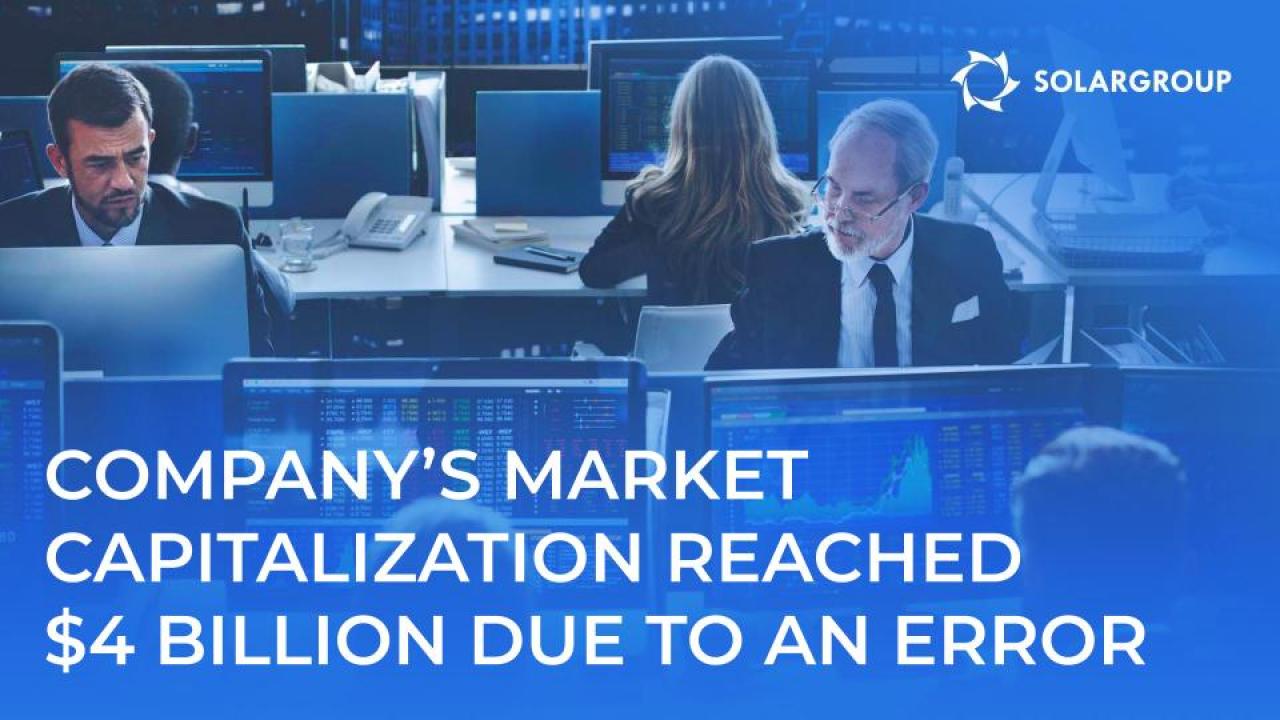
Investors purchased due to an error: the story of the price for the securities of a Chinese company increasing 13 times in a day
Last Tuesday, June 9, 2020, a little-known real estate company from China literally blew up the information space of the Nasdaq Stock Market. Against a complete-lack-of-news background, the depositary receipts of this company increased 13 times in one day bringing its market capitalization to $4 billion.
No one could understand the reason for this rapid growth in popularity until the analysts noticed the company's name: Fangdd Network Group Ltd sounds like an abbreviation of FAANG made up of the first letters in the names of the five most successful IT companies: Facebook, Apple, Amazon, Netflix and Google.
On Tuesday, the shares of Amazon, Apple and Facebook updated their record highs, and the Nasdaq Composite Index they are included in broke through 10,000 points for the first time in history. This information caused quite a stir that was supported by inexperienced private investors trading on the stock exchange via the free investment application Robinhood. As a result, over 15,000 of the app users purchased the securities of Fangdd Network Group Ltd confusing the names FAANG and Fangdd and causing the increase of the latter's price from $10 to $129.04 at its peak.
However, Bloomberg claims that most of the recent investments of the Robinhood users generated income which means that these people could have deliberately invested in online real estate trading in China. It remains to be seen whether these investments will become profitable. We are interested in another peculiarity.
Benn Eifert, the managing partner of QVR Advisors commented on the recent situation saying that at the moment he sees the highest activity of private investors on the stock exchange over the past 20 years. And it was the unpredictable investment behavior of the Robinhood app users that became the "third force" that influenced the conservative financial market.
Previously, the area of personal finance management was considered elite, and brokers' services were paid for with generous commission fees. But the Millennials' generation introduced serious changes to the old system: young people who grew up following the "sharing economy" principles no longer want to pay for financial services because they are able to independently perform any operations using a smartphone.
Global transformation of the financial market is profitable for private investors: it makes financial tools available to a wide range of players. This means that now everyone can join the investment process and earn their place in the sun.

